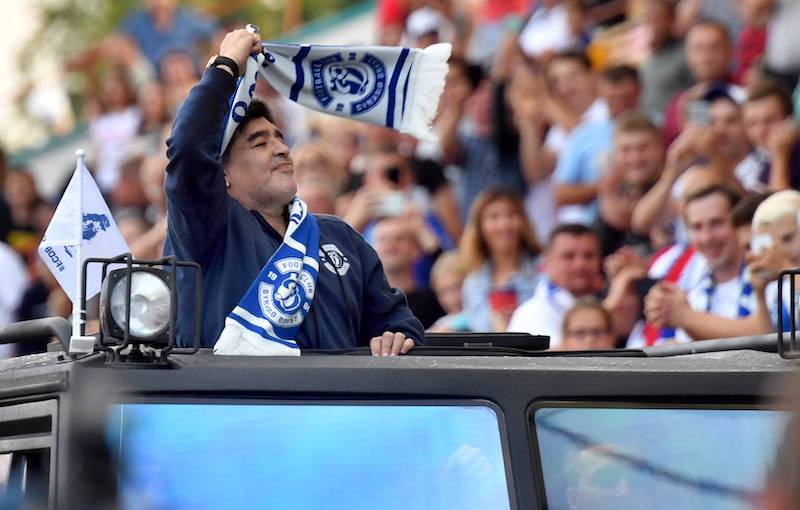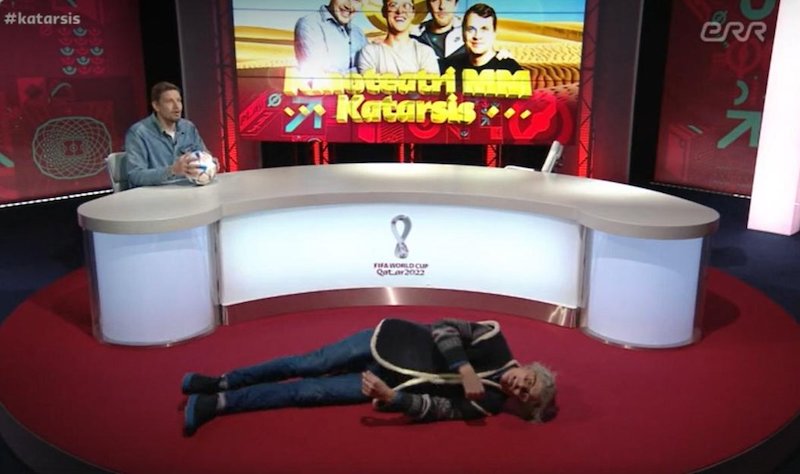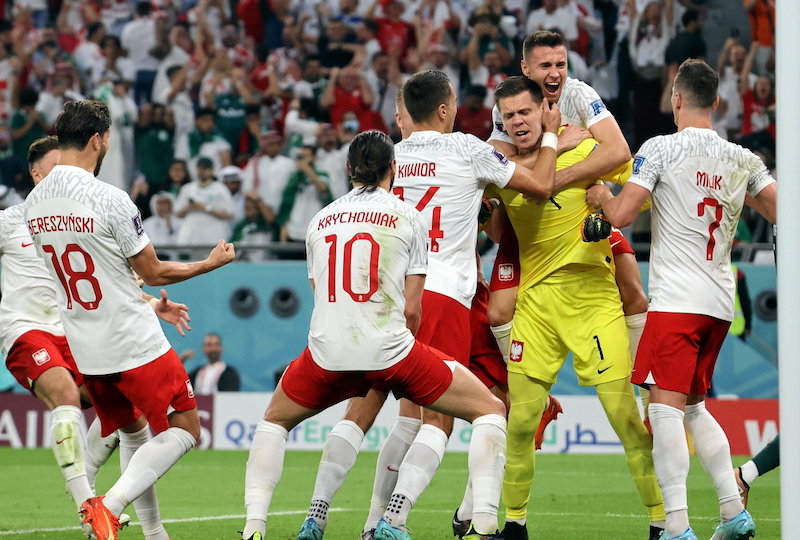“We want beer! We want beer!” roared the crowd during the opening match of the 2022 World Cup. In a country where migrant workers have been deprived of their rights, where women and LGTBQ people are oppressed, and where the World Cup bid was won with cold hard cash, the public drew the line at Doha’s decision to forbid the sale of alcohol around the stadiums.
The Qatar World Cup is facing the biggest boycott of any major sports event in recent history. But something is bugging me. Russia hosted the World Cup in 2018. Russia, a country notoriously undemocratic, where political opponents and journalists fall from windows, get shot on their doorstep or are poisoned with polonium, and where the World Cup bid was also won by dirty money.
Was there a boycott there? No. Sounds like something has changed… Or that there are some double standards. Why were European societies ‘ok’ with Russia’s Cup and not with Qatar?
Let me underline some aspects that could play a role: Qatar is different from us Europeans, and the ban on alcohol is just a small part. We could close our eyes to politics and focus on the game in Russia with the help of all the party that comes with football: beer, pre-match joy on the streets, fights with rival fans, and even prostitution.
You can find none of that ambience in Qatar. This time, there is a specific anti-Qatar feeling, driven in part because of its strict Islamic-based laws, but also because it is unattainable for the average fan to attend.
Many fans feel the show has been stolen from them. That is why we do not have the incentive to close our eyes, as we did with Russia.






